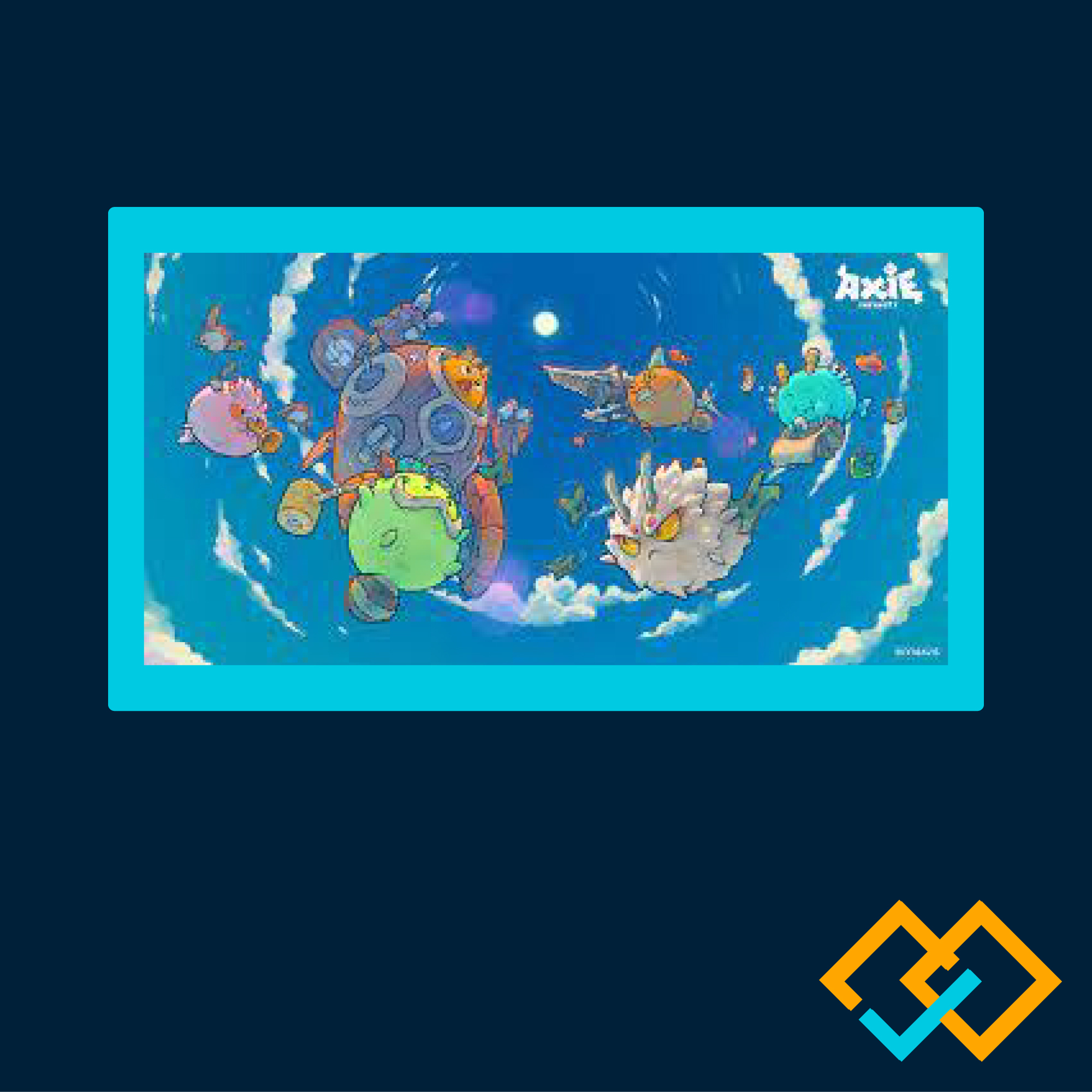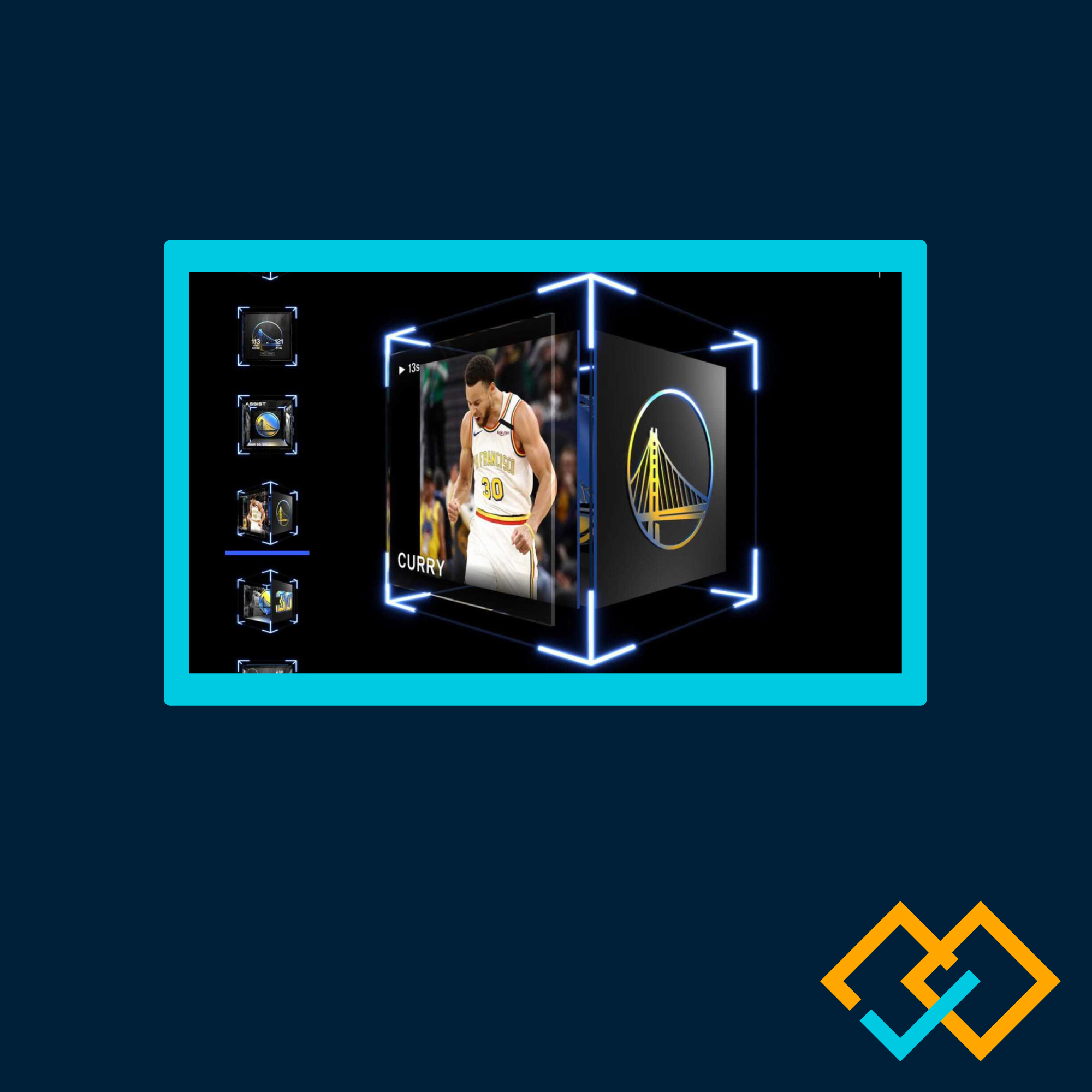Identity Review | Global Tech Think Tank
Keep up with the digital identity landscape.
In early 2021, demand for cryptocurrency skyrocketed, becoming a $2 trillion market cap industry in months. A smaller asset class was created alongside it—non-fungible tokens (NFTs), which recorded a $3.4B transaction volume on Ethereum in August.
NFTs are a powerful technology that enable people to create digital scarcity without a centralized intermediary. Like Bitcoin, NFTs rely on blockchain technology and are scarce. While there can be many bitcoins in circulation, however, there can only be a single, non-divisible NFT per use.
Thus far, NFTs have been used as a certificate of authenticity primarily with digital artwork. But their use cases are rapidly evolving—today, they can prove ownership and give special access to VIP perks, exclusive content, and rights to certain assets. Below are ten instances of alternative uses for NFTs, ranging from blockchained real estate titles to redeemable marketing benefits.
Location-Based NFTs

Dolling NFTs to visitors of locations—landmarks, museums and galleries—was a previously unexplored exploit. It is now proving to be a lucrative benefit for both the attendees and the location. At the Los Angeles-based Bright Moments NFT Gallery, for instance, visitors were given access to mint a CryptoVenetian, with holders receiving exclusive benefits and access to drops. The incentive was a productive addition—Venetians are available for sale on the secondary market with the highest sale of 20ETH, with many having gone for single-digit quantities of ETH.

While most NFTs are consumed visually, some, like Gary Vaynerchuk, are making it possible for tastebuds to further participate. The entrepreneur is building a restaurant where, before dining, ownership of his restaurant NFT is required. Launching in 2022, the NFT will allow customers access to the restaurant, which will offer a cocktail lounge alongside a private culinary experience.
Vaynerchuk is not the only restaurateur exploring digital delights. Celebrity Chef Marcus Samuelsson Harlem’s Red Rooster is likewise exploring the space. A master in the art of fried chicken, he created a NFT that can be redeemed for a private dinner for four, accompanied by a piece of art that creatively depicts the chef’s fried chicken. Like many chefs, Samuelsson hopes to ensure that the culinary arts are not left out of the digitally-bent world.

Not to be one-upped, Taco Bell is encouraging NFT buyers to “Live Mas” with taco-themed NFTs. Listed on NFT marketplace Rarible, the batch of 25 NFTs sold out in 30 minutes. While the NFTs are currently being publicly traded, the highest bid going for 1.5ETH, a key perk exists solely for the original owner— a $500 Taco Bell digital gift card.

Many genetics testing companies have faced scrutiny over their privacy actions regarding their users’ data. In particular, 23andMe faced criticism for reselling their customers’ data in aggregate. Nebula Genomics, alternatively, wants to prove that they take privacy seriously. Founded by Professor George Church, Nebula published Church’s DNA data on the blockchain where it will live forever, unable to be removed.
Church’s DNA carries a great deal of historical significance to the field of personal genomics. The NFT will live on the Ethereum blockchain, where the NFT will encode the digital location of George’s complete genomic data, hosted on a decentralized server.

Tweets have not been excluded from the monetized digital asset trend. Twitter founder Jack Dorsey’s first tweet sold for $2.9M to a Malaysia-based businessman, roughly $100k per character (whitespace included). The profits were donated to the GiveDirectly Africa fund. Elon Musk also created a tweet that almost sold for a significant sum—on March 15th, 2021, he announced that he would sell a “song about NFTs as an NFT.” Even before he officially listed it, the tweet was put on v.cent, where people can buy and sell blockchained tweets. It received bids as high as $1.1 million before he decided to cancel the sale.

Beyond virtual real estate, physical real estate opportunities are taking shape via NFTs and encouraging a new frontier for property ownership— trustless property titles. In traditional real estate, property transfer is labor-intensive and requires title management. Connecting a NFT with a physical property allows for straightforward usage and easy collateral, an idea Europe-based start-up, Propy, is already exploring. Propy offers a transaction platform with which each NFT comes with access to ownership transferred paperwork. The first Propy-hosted NFT auction sold an apartment for 36ETH, or $93k at the time of sale.

NFTs have even made their entry into the apparel space—Uniswap socks, for instance, are NFTs on the Ethereum blockchain that can be traded like normal NFTs, save for the fact that they can also be redeemed for a real pair. Because these NFTs are tied to redeemable objects, they are trading for more reasonable prices—$100k for a pair of Uniswap socks or $16k for a Mango Markets cap.
The advantage offered by these NFTs is that the pristine condition of the product is guaranteed. Unlike a pair of collectible Jordan sneakers that may or may not have been worn, owners of this NFT can trade for unused socks, knowing that what they see is what they get. Cryptocurrency exchange FTX is also participating in redeemable clothing, with offerings like redeemable sweatpants and condoms.

Purchasing items for an online game is not a new idea; many games have marketed items that can be bought or sold for real money on their interface. MMORPG game Runescape, for instance, has in-game Gold that can be sold for roughly $10 for 100M gold. CS:GO has a sniper skin called the “Dragon Lore” sold for $61k. The commonality is that these items are controlled by the centralized game server and do not have access to the same liquidity that exists on the blockchain.
The new model for gaming touted by crypto enthusiasts is “play to earn.” Players play games to earn NFT items that can be sold on marketplaces for higher prices. These items can often be used to achieve a higher performance in the game. One of the most prominent instances of the model is Axie Infinity, where players in this game can earn a smooth love potion (SLP) that can be sold for 15 cents per SLP. It’s popularity has taken off in the Philippines—people are quitting their job to play the game full-time, and merchants now accept SLP as currency.

Decentraland, for instance, is a virtual reality game where people can buy NFTs that define the ownership of land parcels representing digital real estate. Land parcels give users complete control over the environments and applications they create. Anyone can buy, sell, or rent land at any time. Their value is usually determined by proximity to popular areas, such as roads or plazas, and plots of land can also be split into themed communities, such as a Cyberpunk or Vegas theme. Each parcel of land goes for around $6,000. Participants can also purchase items of clothing or names.

Sports collectibles are a natural application of NFTs—NBA Top Shot, a platform where people can collect NFTs of officially licensed video highlights, has taken off. Selling for $387k, the most expensive Top Shot was a clip of a LeBron James highlight where he emulates a famous Kobe Bryant dunk. Likewise, Autograph, a Tom Brady-backed startup, is an up-and-coming NFT platform that has partnered with big names, such as Tiger Woods, Naomi Osaka and Simone Biles.
ABOUT THE WRITERS
Gunnar is a Tech Innovation Fellow at Identity Review from the University of Chicago. He has worked with numerous Silicon Valley Venture Capital firms and is interested in defense technologies & contracting. Contact Gunnar at gunnar@identityreview.com.
Jeffrey is a computer scientist from Stanford University focusing in Artificial Intelligence. As a Tech Innovation Fellow at Identity Review, he is exploring the implications of crypto trading, NFTs and blockchain technologies. Contact Jeffrey at jeffrey@identityreview.com.
Do you have information about NFTs and blockchain-tech to share with Identity Review? Email us at press@identityreview.com. Follow us on Twitter @IdentityReview
RELATED STORIES